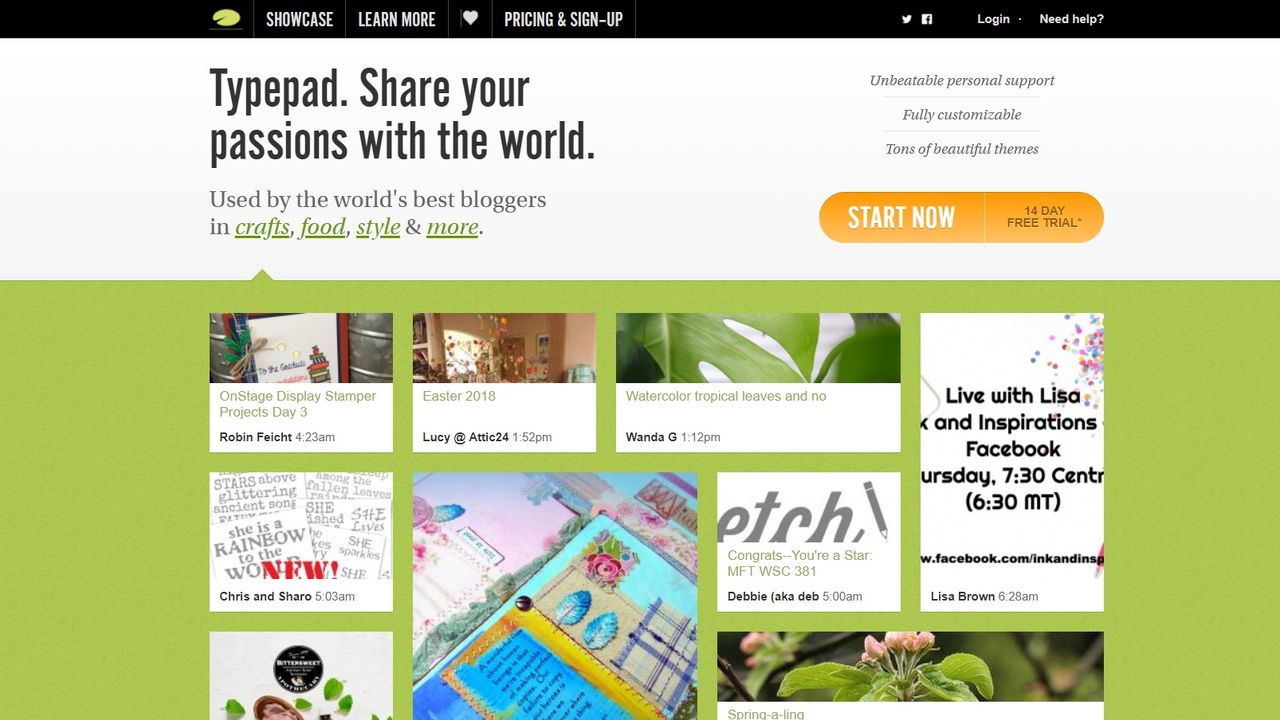
- Typepad is set to end support for its blogging platform from September 30, 2025
- Accounts, blogs and all user content will no longer be available to download
- WordPress has a 61.4% share of the CMS market
Typepad has announced the “difficult decision” to shut down in just a few weeks, making it just one of many companies facing the wrath of the challenging economy and strong competition.
The blogging platform is set to close down from September 30, 2025, when access to accounts, blogs and all user content will be permanently deleted.
With users warned that they will no longer be able to access or export blog content after this date, they have just one month to migrate to a different service.
Typepad will close down permanently in just one month
The company directed affected users to a separate support page, detailing how they can export to alternative platforms.
Typepad uses the Movable Type Import Format (MTIF) for generating export files, which means that users can easily import their blogs into popular platforms like WordPress.
The “difficult decision” to close the site comes after Typepad fell to the demise of WordPress, but during its early days it served as the backend for many major publications, including Wired, ABC, the CBC, the BBC and Sky News.
Any users paying for the platform will not have to make any changes to their account – billing will be stopped automatically, and any recent payments will be issued a prorated refund.
To this tune, users are asked to ensure that their payment methods on file are up-to-date in order to ensure a seamless refund.
Short of an FAQ page, those who need additional support are being told to submit a ticket from their Typepad account.
“We truly appreciate your business and apologize for any inconvenience this may cause. Thank you for being a valued customer,” the company wrote.
Last year, Automattic made a change to Tumblr that would see it be run on WordPress many years after it acquired the microblogging site.
WordPress has achieved huge successes in recent years, becoming the most popular website building software and powering over 43% of the entire internet. It also has a 61.4% market share of the CMS market.
You might also like
- We’ve listed the best website building platforms
- Need to find an alternative? These are the best blogging sites
- WordPress unveils free AI website builder for SMBs and entrepreneurs


Leave A Comment